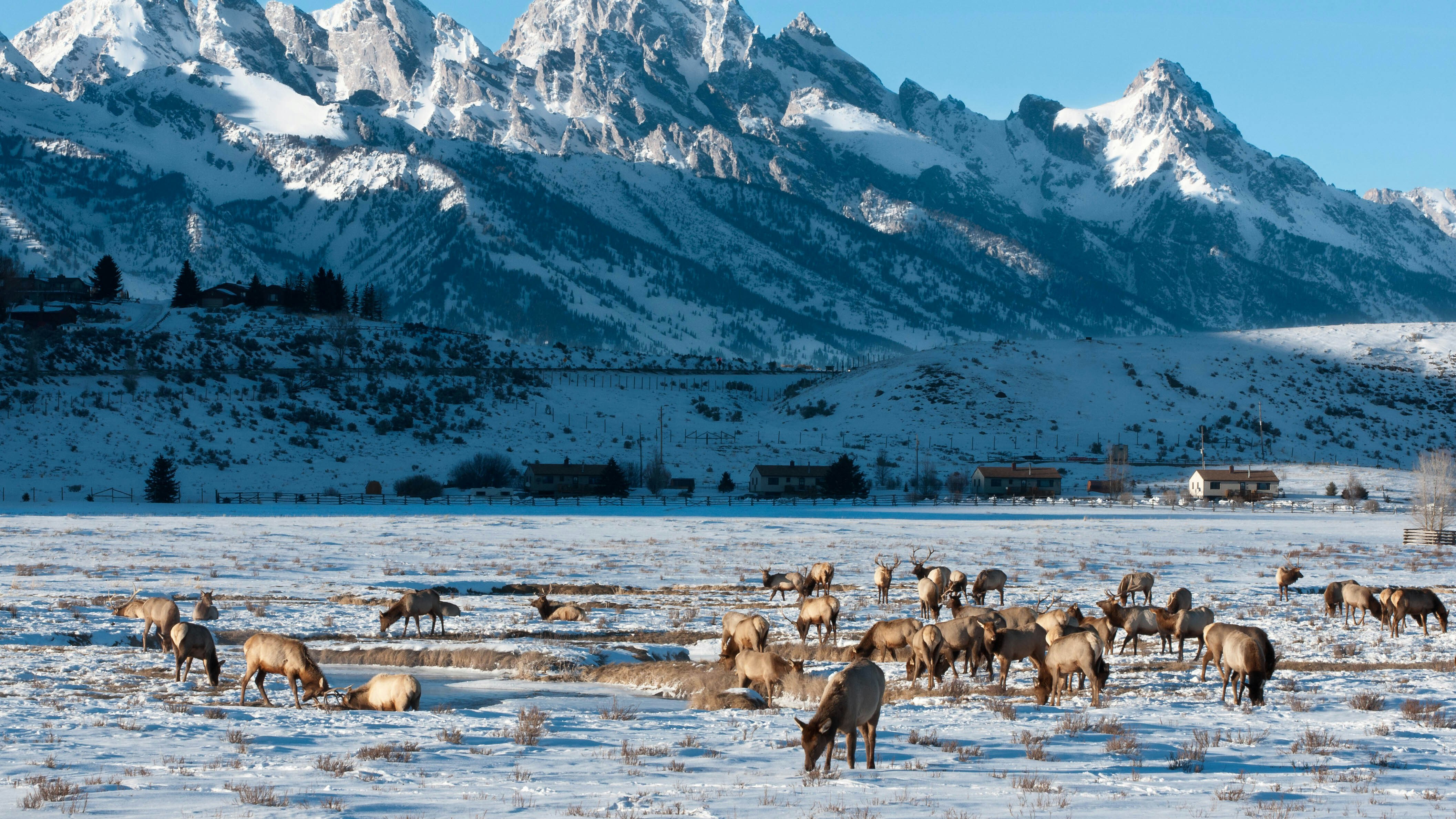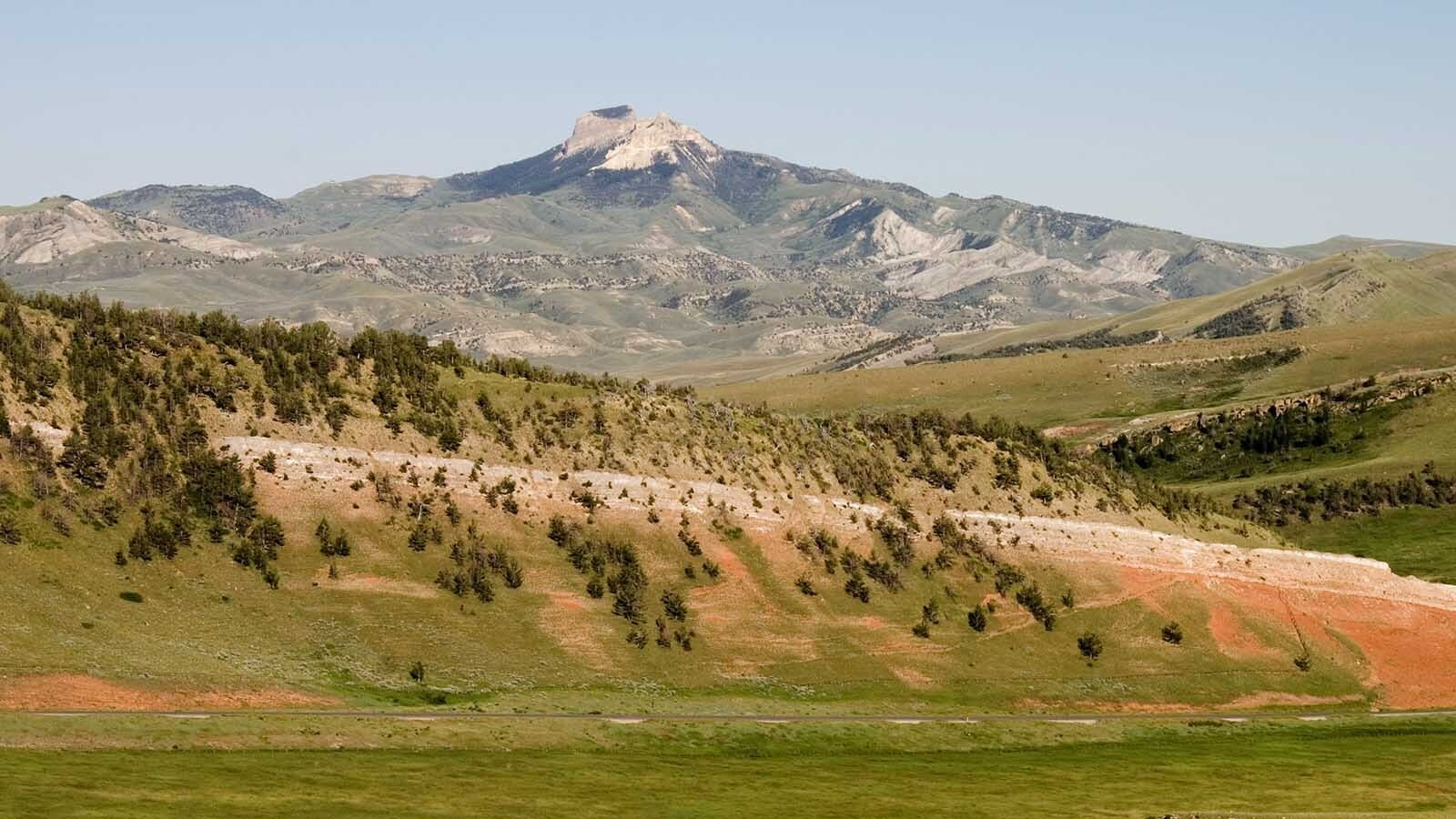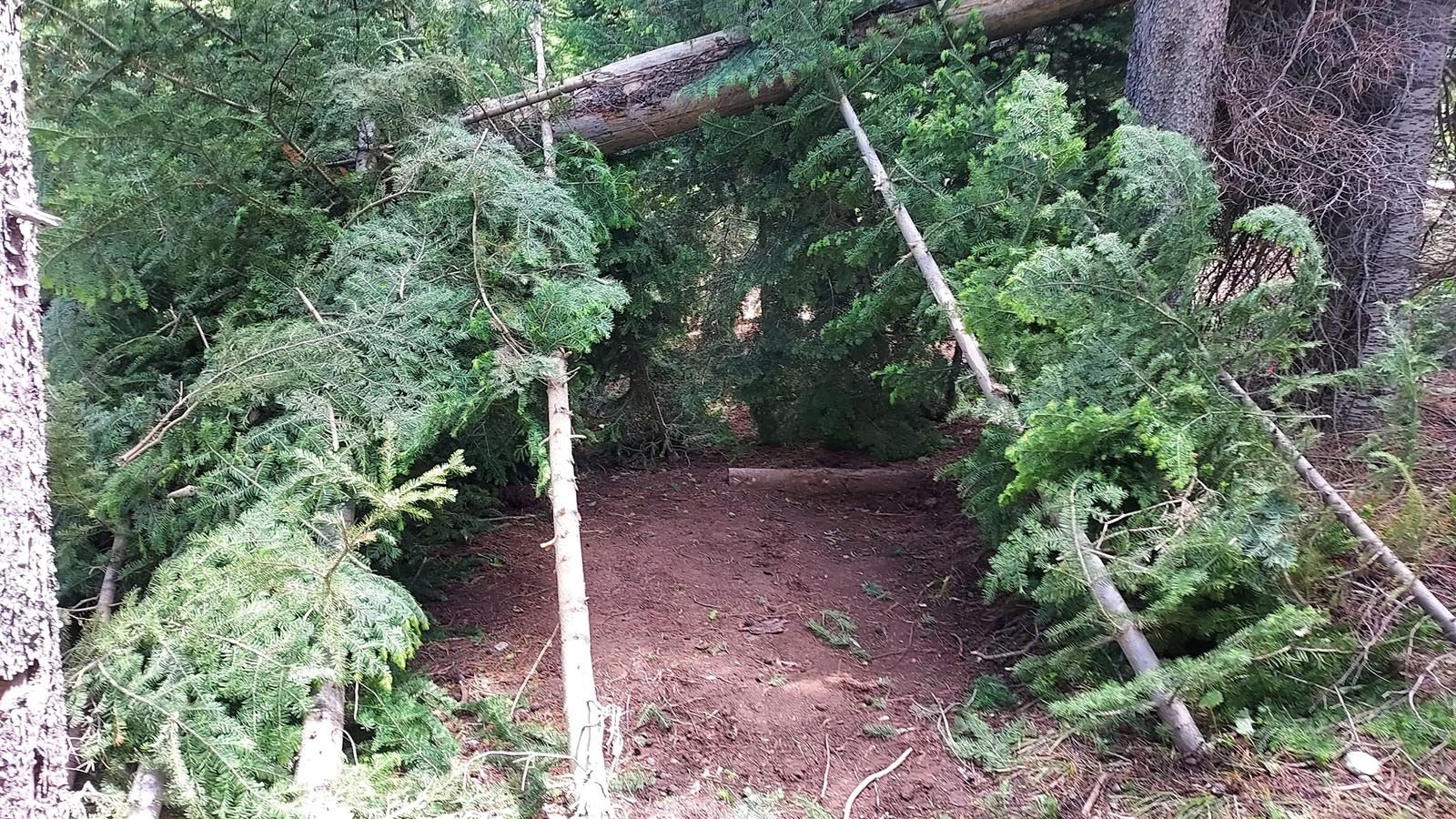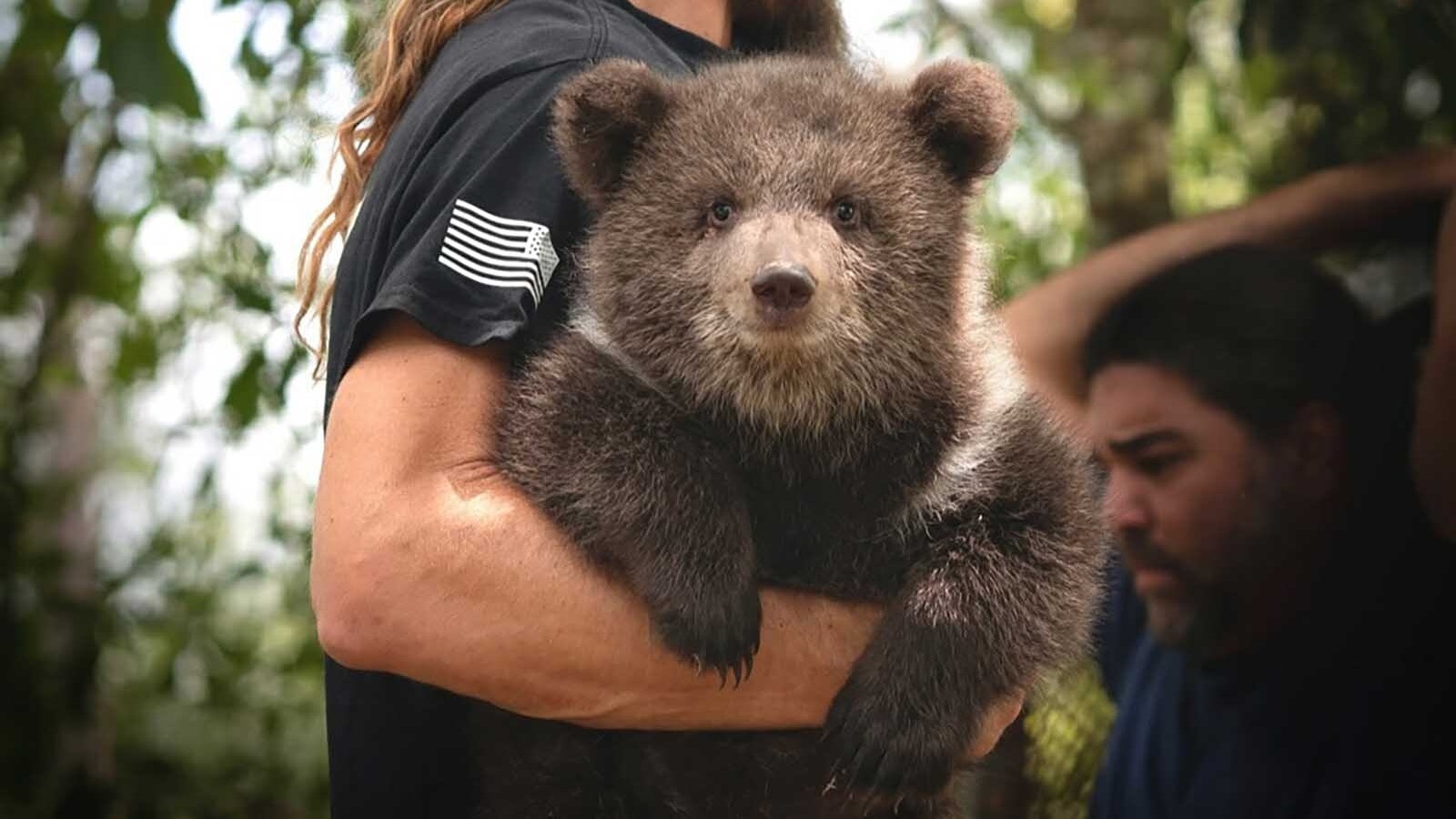Parts of Wyoming have too many elk, and a pending legislative solution would compensate ranchers when the elk gobble up too much grass – but that could break the Wyoming Game and Fish Department’s budget, critics say.
“As it stands, the bill would be devastating for the Game and Fish budget. It’s could potentially be one-tenth of the Game and Fish Budget going for compensation,” Jesh Metten, the Wyoming field manager for the Theodore Roosevelt Conservation Partnership, told Cowboy State Daily.
However, elk herds in part of Wyoming are bloated to more than two-times their objective numbers. That means ranchers can’t keep taking losses for all the forage the elk are eating, Wyoming Stock Growers Association Vice President Jim Magagna told Cowboy State Daily.
For example, one herd northwest of Cheyenne has a 5,000-elk objective, but now has roughly 11,000, Magagna said.
That’s a lot of extra mouths to expect ranchers to feed, he said.
“After wildlife consumes more than 15% of the forage, then you’re entitled for compensation for that,” he said.
House Bill 60 proposes re-tooling compensation for ranchers, both on private land and leased grazing allotments on state land.
It passed introduction by the House and was forwarded by the House Agriculture Committee. It’s set to go before the House Appropriations Committee for further review, although that hearing hadn’t been scheduled as of Monday.
Ongoing Elk Quandary
Wrangling over HB 60 is the latest chapter in an ongoing quandary over what some argue is a gross overpopulation of elk, mostly in eastern Wyoming.
Ranchers say the elk numbers have swollen to the point where something must be done.
Hunters have clamored for access to shoot more elk, but landowners want to keep a handle on who goes traipsing on their property with rifles.
During an interim meeting of the Wyoming Legislature’s Joint Agriculture, State and Public Lands and Water Resources Committee in October, the idea was floated of issuing ranchers “all-you-can-kill” elk permits. But that proposal didn’t gain traction.
Are 150% Payments Too Much?
On private ranch property, the bill proposes compensating ranchers for 150% of the going private grazing lease rate for anything that wildlife eats in excess of 15% of the available forage.
On state grazing leases, the rate would be compensated for the full lease rate, but no more, for anything exceeding 15% of the available forage that wildlife eats.
It’s a long-held standard that ranchers are willing to pitch in 15% of available forage to help support Wyoming’s wildlife, Magagna said.
But in areas where the elk herds have grown to unmanageable numbers, it’s getting to be just too much, Magagna said.
“It’s gotten so excessive that they (ranchers) have actually had to reduce their livestock grazing operations,” he said.
Even so, Wyoming already offers compensation for ranchers who loose excessive forage to elk and other critters, Metten said. Pushing it up to 150% in some cases would put too much of a strain on the Game and Fish budget.
“It (150%) goes far beyond the really robust and effective wildlife damage claims system we already have here in Wyoming, which is the envy of other states,” he said.
Magagna said that as HB 60 moves forward, there might be room to debate and adjust the proposed compensation rates.
Hunter Access
The bill also states that Game and Fish must “develop a plan to reduce the elk population in every area that is over objective” and present that plan during interim legislative committee meetings by Sept. 1.
Metten said allowing more access for hunters to shoot elk on ranches is the best way to go about doing that. But he agreed that ranchers shouldn’t be expected to just throw their gates wide open for anybody with an elk tag.
Instead of more money going to compensation, Game and Fish could dedicate resources to putting more game wardens and other personnel on the ground.
That could help ease ranchers’ worries about ill-behaved hunters engaging in stupid or destructive antics, such as cutting fences or shooting in unsafe directions, he said.
“(Ranchers) would feel more comfortable with access issues if there were more enforcement of the rules, more red shirts on the ground,” he said, in reference to wardens’ distinctive red shirts.
Magagna agreed that concerns over not having ample control over the few bad actors among hunters has been a barrier to allowing more access to elk on private ranchland.
And when it comes to compensation for excess wildlife consumption, the current rules already state that ranchers must allow reasonable access for hunting to be eligible for compensation, he said.
Pushing HB 60 through might involve a more clear-cut definition of what “reasonable” hunting access would entail.
Occasional elk culling by contract hunters using special permits in some areas also remains an option.
Ultimately, the goal should be fewer elk or bringing the herds in line with Game and Fish objective numbers, Magagna said.
“What we really want is for them (Game and Fish) to become more aggressive in reducing these elk populations,” he said.
Mark Heinz can be reached at mark@cowboystatedaily.com.





